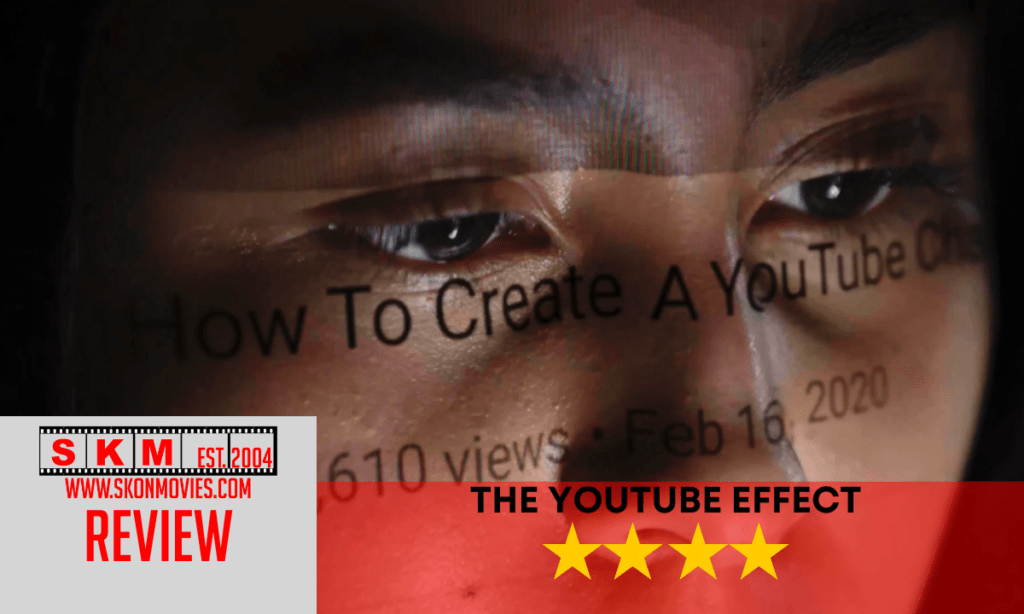The evolution of YouTube into one of the most ubiquitous and powerful media platforms in the world is explored in The YouTube Effect. YouTube was founded in 2005 by former PayPal employees Steve Chen, Chad Hurley, and Jawed Karim as a way for people to stream and share videos on the web easily. Following some early successes, such as the comedy channel Smosh by Anthony Padilla and Ian Hecox, Google acquired YouTube in 2006. Despite experts calling this a bad investment, YouTube sparked the rise of a new media culture, where more people go to the site for news and entertainment than more conventional outlets. However, YouTube’s algorithm, sharing videos from users with similar tastes, has been criticized for helping fuel the rise of right-wing extremism in the United States.
The YouTube Effect Synopsis
The YouTube Effect is the latest technology-focused documentary from actor-turned-filmmaker Alex Winter (Downloaded, Deep Web). The film chronicles YouTube’s rise from merely a video-sharing site, ironically created as a video version of the early dating site Hot or Not, to becoming the second most visited website in the world, behind Google, also owned by parent company Alphabet. YouTube truly began to take off after the introduction of its recommendation algorithm in 2011, which recommends and even autoplay videos based on your viewing history.
The YouTube Effect features interviews with YouTube co-founder Steve Chen, former CEO Susan Wojcicki, and a handful of influencers and early adopters such as Smosh’s Anthony Padilla and ContraPoint‘s Natalie Wynn. The film also tackles some of the controversies that came about from YouTube, such as GamerGate, which resulted in death threats against the game developer and interviewee Brianna Wu. More recently, YouTube’s recommendation algorithm is attributed to the growth of right-wing extremism in the United States, particularly the January 6, 2021, Captial Attack.
My Thoughts on The YouTube Effect
A perfect example of how ubiquitous YouTube has become is the very fact that I decided to rent The YouTube Effect from YouTube’s own VOD rental platform, launched a few years ago as a replacement for Google Play Videos. It is also not at all uncommon for me to load up the YouTube app on my Roku and spend hours watching everything from the latest movie trailers to videos about get-rich-quick schemes that may or may not work. In that way, The YouTube Effect is an important documentary.
While probably still best known for his acting career in the Bill and Ted films, Alex Winter has firmly established himself as a documentary filmmaker, with many of his films focusing on the effects technology has had on society. In fact, it can be argued that The YouTube Effect can be part of a de facto trilogy of documentaries that include Winter’s 2013 Napster documentary Downloaded and his 2015 Silk Road expose Deep Web. The YouTube Effect is an inspirational story about YouTube’s rise into a company worth $350 billion, while also being a cautionary tale about the negative effects of the site’s influence.
The rise of right-wing extremism over the last decade is heavily covered in the second half of The YouTube Effect, with the film illustrating how easy it is to go down the rabbit hole, as the YouTube algorithm will continue to recommend these incredibly hateful videos. While there have been some attempts to police hate on the site, particularly after the January 6 attacks, there is still a belief that people are underestimating the influence of YouTube to promote this extremist behaviour.
Altogether, The YouTube Effect is a very fascinating documentary about how this video-sharing website has become something that we can’t really live without.
Trailer for The YouTube Effect
Watch Borderlands only on Prime Video!
💳 Earn a $750 Amazon Reward!
Answer a few quick questions, explore personalized deals, and earn your reward! Complete the offers that interest you—cash out as a gift card, PayPal, or direct deposit. Over $20M in rewards already paid out!
Start earning today



